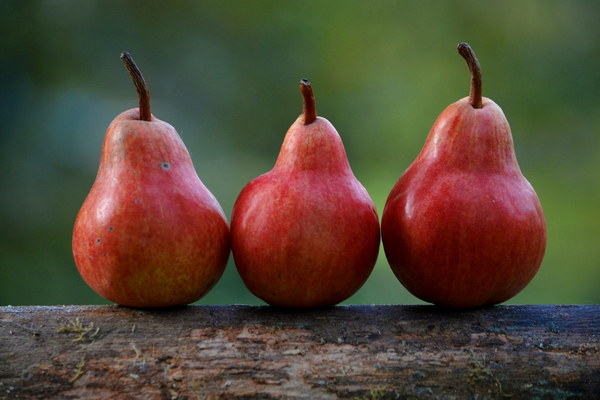Harmony with Nature A Traditional Chinese Medicine Approach to Health and Wellness
In the realm of health and wellness, Traditional Chinese Medicine (TCM) offers a holistic approach that emphasizes harmony with nature and the mind-body connection. Unlike Western medicine, which often focuses on treating symptoms, TCM seeks to identify and treat the root cause of illness. Here's an overview of how TCM can help you cultivate a balanced and healthy life.
1. Diet and Nutrition

According to TCM, the food we eat directly affects our physical and mental well-being. To maintain a healthy lifestyle, TCM emphasizes the importance of a balanced diet that incorporates the five flavors: sweet, sour, bitter, pungent, and salty. These flavors are believed to nourish the five organs (liver, heart, spleen, lung, and kidney) and promote overall balance.
Sweet flavors (like rice and fruits) are said to nourish the spleen and stomach, promoting digestion and energy.
Sour flavors (like lemons and vinegar) are believed to strengthen the liver and help with detoxification.
Bitter flavors (like green tea and dark chocolate) can clear heat and moisten the lungs, aiding in digestion.
Pungent flavors (like garlic and ginger) are thought to invigorate the body, boost circulation, and aid in weight loss.
Salty flavors (like seaweed and nuts) are believed to strengthen the kidneys, support bone health, and regulate blood pressure.
2. Acupuncture and Herbs
Acupuncture and herbal medicine are two of the most well-known practices in TCM. Acupuncture involves inserting fine needles into specific points on the body to stimulate energy flow and promote healing. Herbs, on the other hand, are used to treat various ailments and enhance overall health.
Acupuncture can help alleviate pain, reduce stress, improve sleep, and boost the immune system.
Herbs, such as ginseng, astragalus, and reishi, are believed to have a wide range of health benefits, from boosting energy levels to improving cardiovascular health.
3. Tai Chi and Qigong
Tai Chi and Qigong are two gentle, yet powerful exercises that combine movement, breath, and meditation. These practices help to improve flexibility, balance, and overall well-being.
Tai Chi involves slow, deliberate movements that help to improve balance, reduce stress, and enhance mental focus.
Qigong, which translates to energy cultivation, focuses on cultivating and balancing the body's life force, or Qi.
4. Mind-Body Connection
In TCM, the mind and body are closely connected. Stress, anxiety, and negative emotions can lead to physical illness, while physical health can also affect mental well-being.
Practices such as meditation, mindfulness, and yoga can help to reduce stress and improve mental health.
Cultivating positive relationships, engaging in hobbies, and maintaining a healthy social life can also contribute to a balanced life.
5. Lifestyle Adjustments
In addition to the above practices, TCM suggests several lifestyle adjustments to promote health and wellness:
Get enough sleep: Aim for 7-9 hours of quality sleep each night.
Exercise regularly: Incorporate physical activity into your daily routine to improve circulation, strengthen muscles, and boost mood.
Limit alcohol and tobacco: These substances can harm your health and disrupt the body's balance.
Practice self-care: Take time to relax, recharge, and nurture yourself.
By embracing the principles of TCM, you can create a lifestyle that promotes balance, harmony, and overall well-being. Remember, the key to health is not just about treating symptoms but about addressing the root cause of illness and fostering a deep connection between the mind, body, and spirit.









